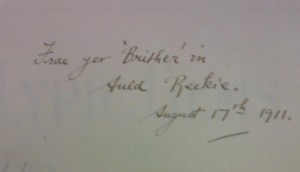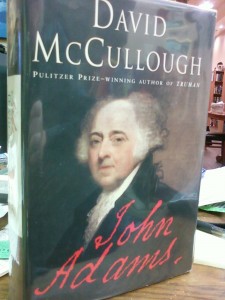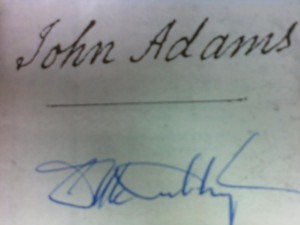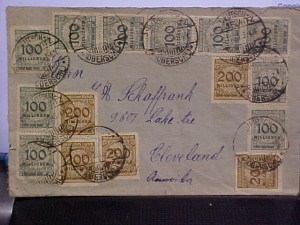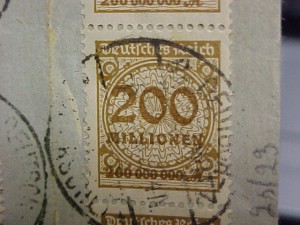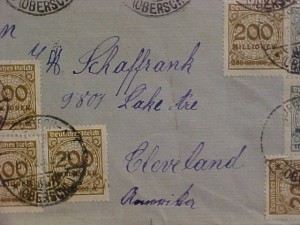Of course, you recognize those memorable song lyrics, from My Tocher’s the Jewel, words from tha’ grreat Scotsman Rrrobbie Burrns, and sung to the tune of The Muckin’ o’ Geordie’s Byre. (Drawing a blank? Here are the first couple of lines, to refresh your memory: O meikle thinks my love o’ my beauty, And meikle thinks my love o’ my kin… (join in now) But little thinks my love I ken brawlie, My tocher’s the jewel has charms for him!
Whew. Brings a tear to my eye.
You know those songs that keep rolling around in your head – do you suppose they are ones that your grandkids might sing? Or… flip it around. Can you sing all the songs that might have popped into your grandfather’s head? Does music have a shelf-life? Or can a song expire?
Do some tunes wither up and disappear?
Part of the answer to that question is sitting on the desk in front of me. But just part. And, even that is limited, because none of my grandparents were living in Scotland when this book was published. Might have some Scots in the family tree somewhere back in history, hopping in their kilts and belting out “The Birks of Aberfeldie” at the top of their lungs.
That’s one of the jewels in “Lyric Gems of Scotland,” Price: Two Shillings & Sixpence Net, Arranged with Pianoforte Accompaniments, published by Bayley & Ferguson (pronounced Billy n’ Fairgissen), Glasgow.
There is no date in this old song book, but a British dealer who owns a copy estimates it was published about 115 years ago. And what ditties do you suppose the young larks were perpetrating back then?
How about: In a Wee Cot Hoose Far Across the Muir. (Could be: In a wee cottage house far across the moor. I’m just saying.)
Or, Keen Blaws the Wind o’er the Braes. Doun the Burn Davie Love. Fareweel, Fareweel my Native Hame. You’ll want to remember favorites like, I Gaed a Waefu Gate Yestreen and – Gae Bring to Me a Pint O’ Wine. And many, many more! (Scots version: and Minnie! Minnie Moore!)
Remember, these are all English words. Just delivered with a wee bit o’ that fain Scottish brogue.
Here’s the thing. There are actually a few titles that I do know, songs that have survived a century or more.
Auld Lang Syne, for one. You remember that one from New Year’s Eve. Some of you will remember Guy Lombardo and his orchestra. (Most of you won’t.) Their version of that song is still the first song played at the stroke of midnight in Times Square, to kick off the New Year. Should auld acquaintance be forgot, and all that. Or as we sing it, Should OLD acquaintance be forgot…
How about – By Yon Bonnie Banks? (Although I always heard this song as being titled Loch Lomond): Sing along with me now… By yon bonnie banks and by yon bonnie braes. Where the sun shines bright on Loch Looooooo-mond. Okay. That’s enough singing.
Well, then. I suppose there might be another one somewhere that I could recall. I only WISH I knew the entry on page 104: My Heart is a-Breakin’ Dear Tittie. You know it has to be an innocent “sing around the hearth-fire with the children” kind of song. At least, it was when this book was published. These days, I don’t think it would make the cut for a Sesame Street performance.
I’m still wondering how many of these songs are still known in Scotland – whether these were “gems” that stood the test of time or if some became somewhat lagging in popularity outside the campfires of the sheep herders.
For my money (which it is, at this point – until someone else buys the book), the best thing to be found on the pages is the inscription from 1911. The recipient of the songbook knew who it was from, but unfortunately the giver did not sign his name. As you can see in the image, the book was given:
“Frae yer ‘Brither’ in Auld Reekie. August 17, 1911.”
That just makes me want to sing.
Come visit!
McHuston
Booksellers & Irish Bistro
Rose District
122 South Main Street, Broken Arrow, OK!

